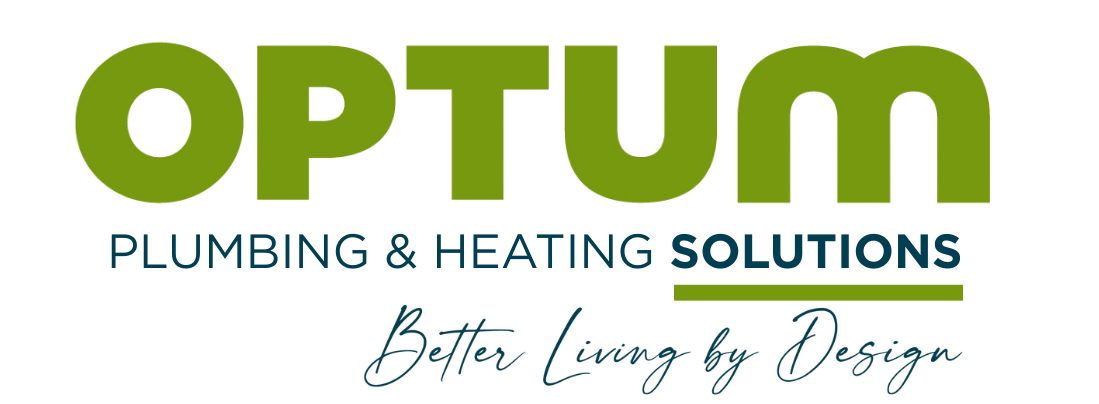Having a blocked kitchen sink can be really frustrating and difficult to unblock. Avoiding kitchen drain blockages requires mindful practices and regular maintenance. Here are some comprehensive tips:
Dispose of Grease Properly:
- Grease and Oil: Never pour grease, oil, or fat down the drain. Instead, let it cool and solidify in a container, then dispose of it in the rubbish bin.
Use a Sink Strainer:
- Catch Debris: a sink strainer will catch food particles and debris before they go down the drain. Remember to empty the strainer into the trash regularly.
Mind What You Wash Down the Sink:
- No Coffee Grounds: Dispose of coffee grounds in the trash or compost, not down the drain.
- No Fibrous Foods: Avoid washing fibrous foods (like celery, asparagus, and artichoke leaves) down the drain.
- No Starchy Foods: Do not put starchy foods like rice, pasta, and potato peels down the drain, as they will swell and create blockages.
Run Cold Water:
- After Using a Waste Disposal: Always run cold water for a few seconds before and after using the waste disposal to flush debris through the system.
Regular Maintenance Tips:
Weekly Flushing:
- Hot Water Flush: Once a week, flush the drain with hot water. Boil a kettle of water and pour it down the drain to help dissolve any accumulated grease.
Monthly Cleaning:
- Baking Soda and Vinegar: Pour half a cup of baking soda into the drain, followed by a cup of vinegar. Let it fizz and sit for about 15 minutes, then flush with hot water. This helps clear minor clogs and deodorises the drain.
Enzyme Cleaners:
- Use Monthly: Consider using an enzyme-based drain cleaner monthly to break down organic matter in the pipes. These cleaners are eco-friendly and effective for maintaining clear drains.
Additional Tips
Avoid Chemical Drain Cleaners:
- Damage Risk: Chemical cleaners can damage your pipes and are harmful to the environment. Stick to natural cleaning methods or enzyme-based products.
Check for Slow Drains:
- Early Intervention: If you notice the sink draining slowly, address it immediately. Use a plunger or a plumbing snake to clear minor blockages before they become serious.
Regular Professional Inspection:
- Annual Check: Have a plumber inspect your kitchen plumbing annually to ensure everything is in good condition and address any potential issues early.
By following these best practices and maintenance tips, you can significantly reduce the risk of kitchen drain blockages and ensure a smoothly running plumbing system.
If you need any help or advice with your kitchen plumbing call Optum, the plumbing specialists in Queenstown, Wanaka and Surrounds
Call: 03 443 5718
Email: admin@optum.co.nz
